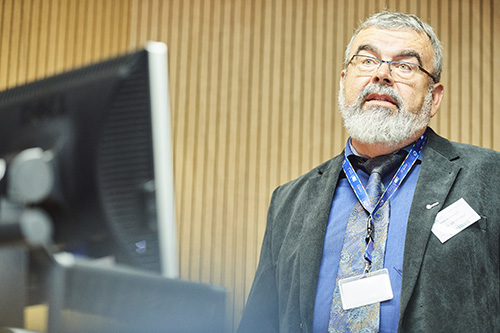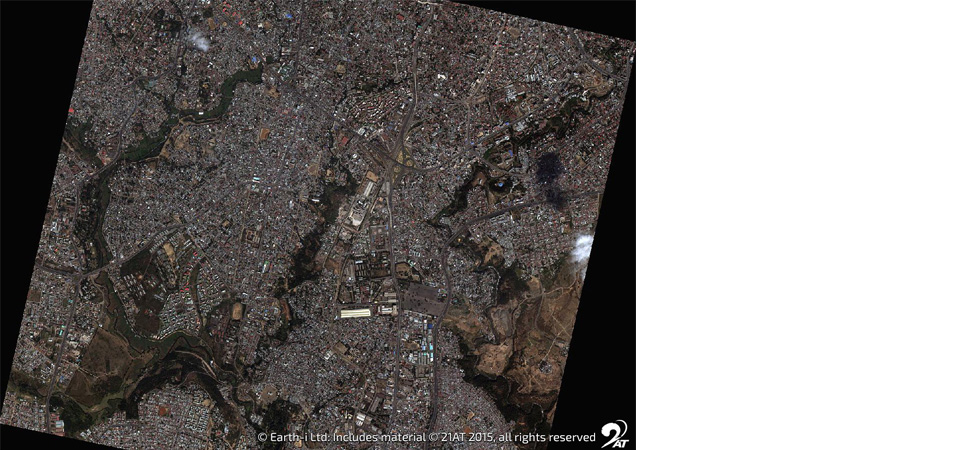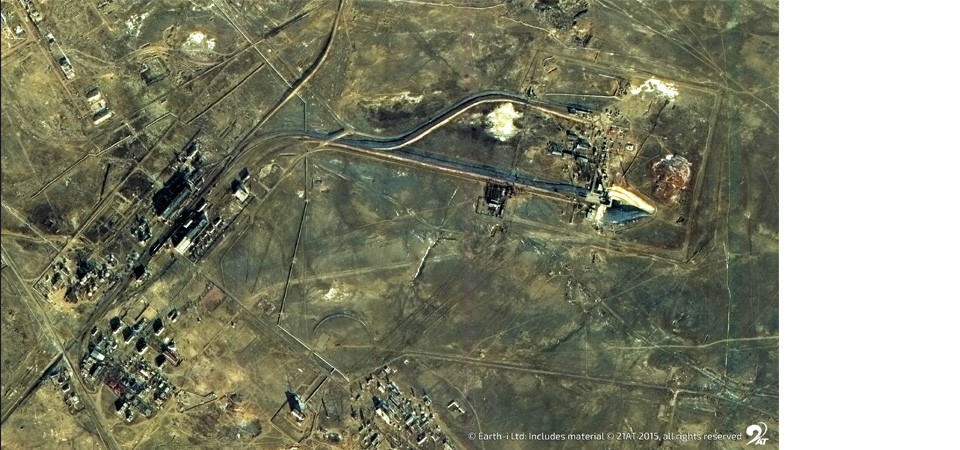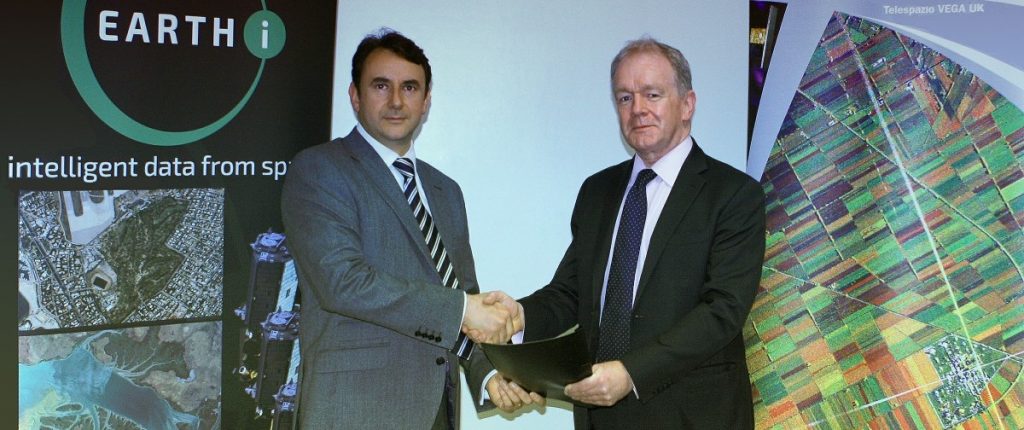More than 120 million people in the world rely on activities relating to coffee production, including 25 million smallholder farmers and workers. For East African farmers who grow coffee on a small scale, the success of a single harvest can have a profound impact on income and the livelihoods of their families. A strong harvest depends on many factors including climate change and farming management. Yet, in some countries, as much as 40% of coffee produced is destroyed each season, due to climate-related and time-critical management decisions made during the growing season.
Pests, diseases, and fungi have become a significant challenge for many producers. Coffee leaf rust (la roya) and Coffee Berry Disease (CBD) alone can cause losses of 50-80% of a coffee crop if left untreated, but they can be prevented. Arabica bean-producing trees, which are believed by most to make higher quality coffee, are more susceptible than Robusta trees, and outbreaks of these diseases can also weaken the tree over many seasons, affecting farmer incomes in the long-term.
It is therefore, critical that farmers are aware of not only the risks but the potential solutions of disease and pest problems for their crop. There are various steps that can be taken to mitigate the damage caused to a coffee farm by pests and diseases. Pesticides and fungicides form part of this, and when used correctly, they can empower farmers to take action, protect their coffee crop, and maximise their productivity. There is however a short window of time when application is most effective and they cannot be used too liberally.
When used at the wrong time within the weather cycle they can be largely ineffective and if used in abundance they can cause long-lasting environmental damage in the local area, so it is crucial for farmers that they are applied at the right time. Unpredictable weather patterns and increasing climate change is making it harder to rely on previous experience and knowledge to identify the precise time to apply these inputs, increasing the risk of pests, diseases and fungi to coffee yields.
ACCORD can improve coffee crop sustainability, yield and quality – and thereby protect farmer livelihoods – by enabling them to respond effectively and quickly to environmental risks, disease and pests. In fact, data-driven solutions can enable the coffee sector to tackle reduced coffee supply and meet increasing demand in a sustainable and socially inclusive way, to mitigate the impact of climate change on agriculture and increase farmer incomes. ACCORD is additionally designed for easy use on the ground by farmers, as an increasingly important addition to traditional farming practices (a sustainable, bottom-up approach) – knowing when to fertilise, or when to spray, are time-critical decisions every coffee farmer now wrestles with to protect and maximise their crop yields and quality.
By making the farming of coffee more productive, sustainable and reliable as a cash crop ACCORD supports the livelihood and protects incomes of the coffee farmers and their families.
Read more about the ACCORD service and how it supports coffee-growing communities in Kenya and Rwanda.
Earth Observation specialist brings over 25 years technology and applications experience to company offering daily high-resolution imaging and data…







